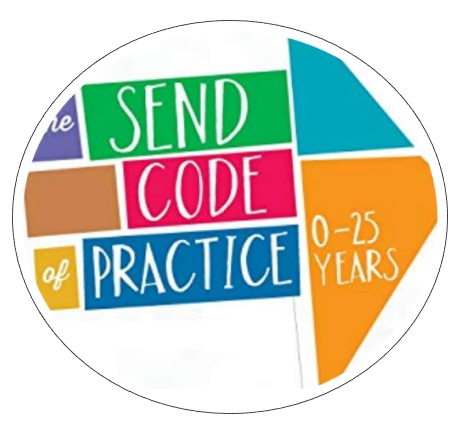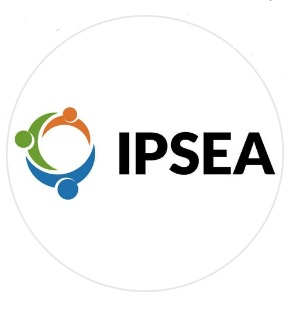Special Educational Needs and Disability (SEND)
SENCO: Mrs Duffy
At The Staffordshire Schools Multi Academy Trust Primary Schools, we are committed to offering an inclusive curriculum to ensure the best possible progress for all of our pupils whatever their needs or abilities.
What are Special educational needs?
A child or young person has special educational needs if he or she has a learning difficulty or disability which calls for special educational provision to be made for him or her. A learning difficulty or disability is a significantly greater difficulty in learning than the majority of others of the same age. Special educational provision means educational or training provision that is additional to, or different from, that made generally for others of the same age in a mainstream setting in England.Health care provision or social care provision which educates or trains a child or young person is to be treated as special educational provision.
More Information
This page is a statement of the aims, principles and strategies for provision for children with Special Educational Needs in The Staffordshire Schools Multi Academy Trust.
If you have concerns about any area of your child’s learning or social skills, please speak with your child’s class teacher in the first instance. Our SENCO, Mrs Duffy, is also on hand to discuss any learning needs and strategies with you, by appointment through the school office.
Our SEND policy and Information Report aims to:
- Set out how our MAT will support and make provision for pupils with special educational needs (SEN)
- Explain the roles and responsibilities of everyone involved in providing for pupils with SEN
Broad Aims
- To give each child access to a broadly balanced National Curriculum at the appropriate level.
- To maximise the potential for learning of all children; this may require positive discrimination in favour of some pupils. Work may need to be differentiated in order to ensure a child’s access to the work.
- To provide a stimulating, attractive and practical learning environment to allow pupils to derive maximum benefit from the whole curriculum.
- To match teachers’ expectations of the child, with his/her current level of achievement.
Specific Aims
- To identify Special Educational Needs as early as possible.
- To record information, to inform initial discussion between class teachers, special needs co-ordinator and parents.
- To plan strategies for resolving difficulties.
- To liaise with support agencies as appropriate.
- To inform and involve directors.
Special Educational Needs and Disability (SEND) Policy
SEN - Information Report
Useful Links
SEND Code of Practice

In September 2014 the government published a new SEND Code of Practice, which sets out statutory guidance for schools. This can be downloaded by clicking here.
TheCode of Practice covers the 0-25 age range. There is greater emphasis on children and parents being part of the decision-making process.
Stafforshire's Local Offer
.jpg)
Staffordshire’s local offer helps those with special educational needs or disabilities to find accurate and appropriate information so that they can make positive decisions about their lives
The SEND local offer is a single place for information, services, and resources for children and young people aged 0-25 with special educational needs and / or disabilities, their families, and the practitioners who support them. It's been designed with a family’s needs at the heart of the process.
To access more information on the local offer click here.
SENDIASS

Special Educational Needs Information, Advice and Support Service
SENDIASS are Staffordshire's Special Educational Needs and Disabilities Information, Advice and Support Service and provide free, impartial, confidential advice and support around Education, Health and Social Care
IPSEA

Independent Provider of Special Education Advice (known as IPSEA) is a registered charity (number 327691) operating in England. IPSEA offers free and independent legally based information, advice and support to help get the right education for children and young people with all kinds of special educational needs and disabilities (SEND).
.jpg)